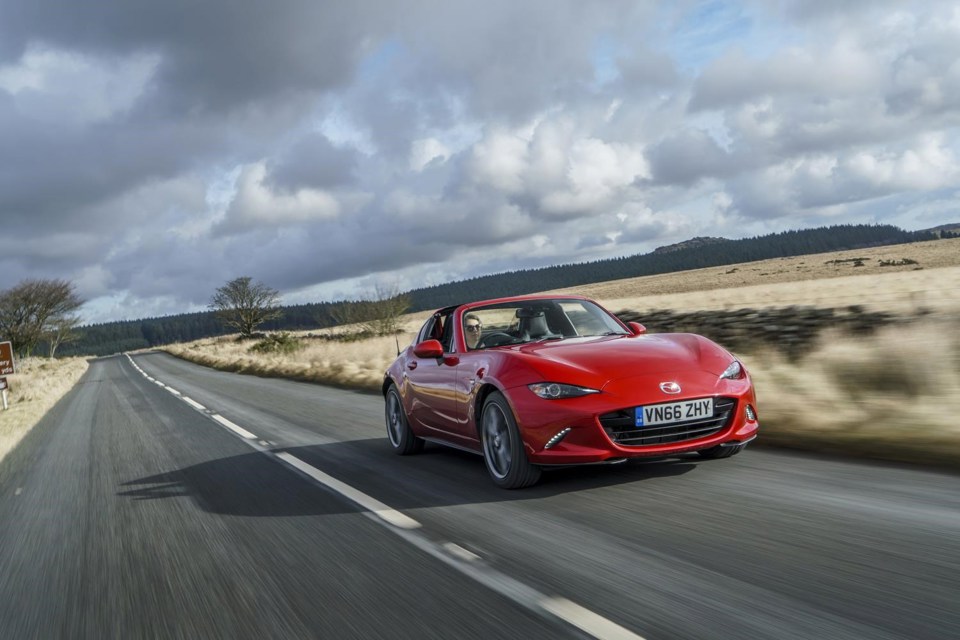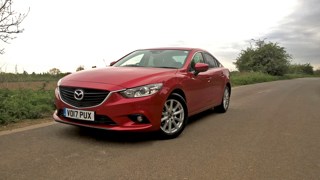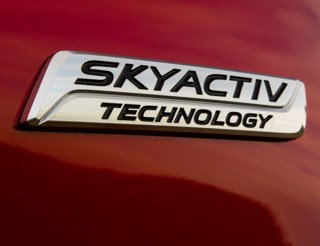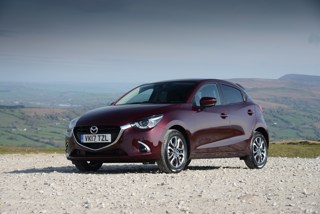New research by Mazda has revealed that 55% of UK drivers, and almost 60% of European drivers, see a positive future for petrol and diesel engines.
The Mazda Driver Project research – commissioned together with Ipsos MORI – polled 11,008 people across key European markets and an average of 58% believe there is “a lot of innovation and improvement still to come with petrol and diesel engines."
The headline results demonstrate that consumers don’t necessarily share the view of many organisations that the internal combustion engine has no role to play in the future of cars.
This is further demonstrated by the fact that 29% of UK drivers “hope that diesel cars will continue to exist” as electric cars become more common, 44% hope that petrol will continue and 36 % of drivers stated that if running costs were the same as an electric car they would “prefer a petrol or diesel car".
The findings arrive as Mazda ramps up its ‘Sustainable Zoom-Zoom 2030’ vision to combine the best of internal combustion engines with effective electrification technologies. Central to this ambition is SKYACTIV-X, the world’s first commercial petrol engine to use compression ignition; this new engine combines the advantages of petrol and diesel engines to achieve outstanding environmental performance, power and acceleration performance.
Mazda Motor Europe’s president and CEO Jeff Guyton, said: “The research findings are fascinating. The whole basis of our long-running Drive Together campaign is to celebrate the sheer joy of driving, and it appears that European drivers see a long road ahead for the internal combustion engine – we are working hard to make that road an even better experience for drivers everywhere."





















Edward Handley - 16/02/2018 18:36
It is not just drivers who will want to keep using internal combustion engines well into the forseeable future, petrol and diesel engines will be essential to the oil and manufacturing industries as well. Oil is not just used as fuel, it is also the source of plastics, bitumin for building roads, solvents, chemicals, tyres, etc., and without engines to burn them, diesel and petrol will basically be waste by-products. If they are not sold as road, boat and aeroplane fuel, they will just get burnt in power stations, probably to generate power for electric vehicles. The key to reducing atmospheric pollution is develop very clean engines, not to move the problem a few miles.